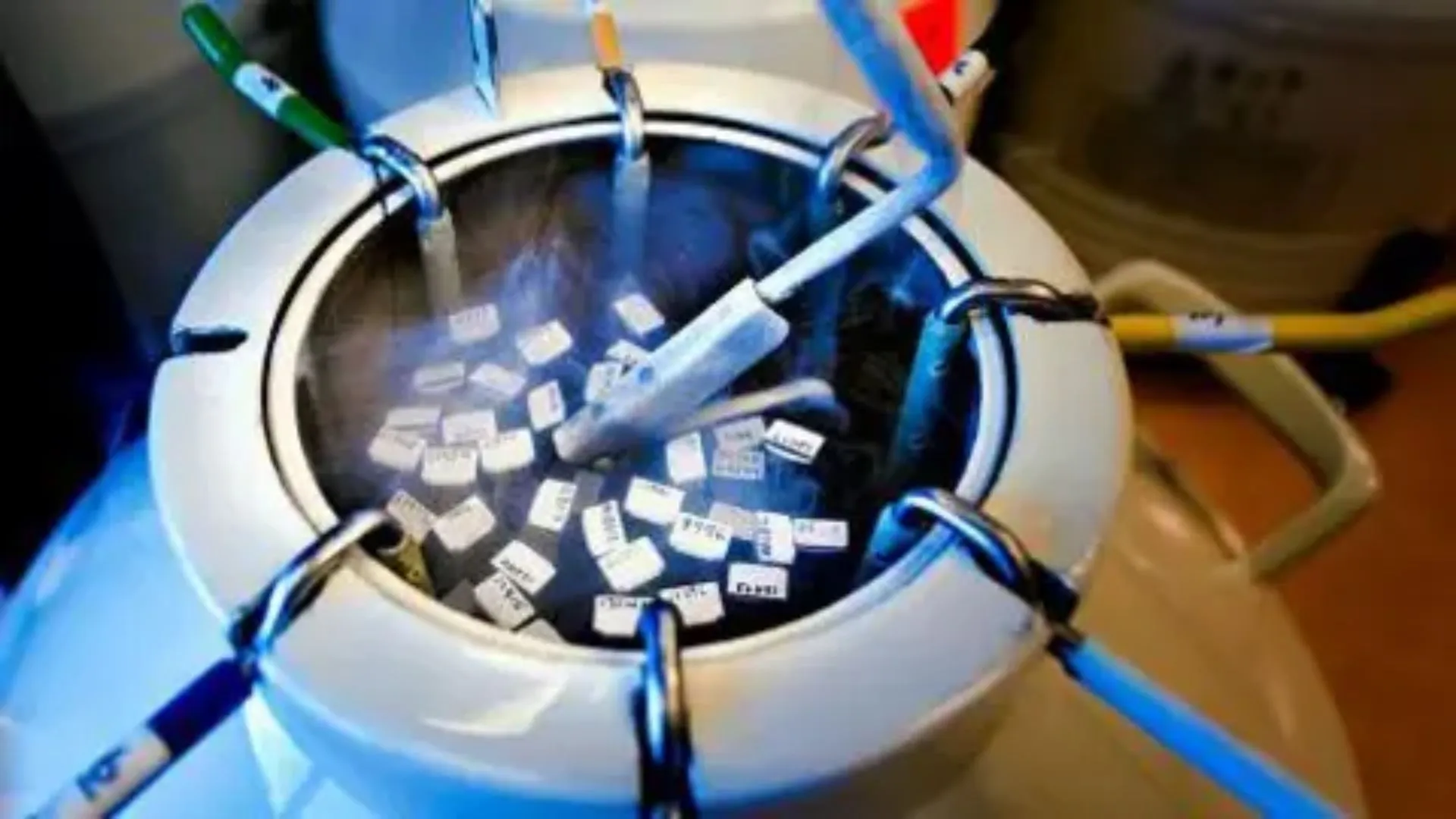- A recent study has revealed alarming findings about the presence of 4-Methylimidazole (4-MEI), a potentially carcinogenic chemical, in popular breakfast foods consumed across the United States. 4-MEI is a byproduct of caramel coloring, a widely used food additive that gives various processed foods their brownish color. This study suggests that long-term exposure to 4-MEI may significantly increase the risk of cancer and leukemia, raising serious concerns about food safety and consumer health.
What is 4-MEI and How is it Produced?
4-Methylimidazole (4-MEI) is a chemical compound formed during the production of caramel color, particularly Caramel Color III and IV, which are commonly used in soft drinks, cereals, baked goods, and other processed foods. It forms when sugars and ammonia react under high heat, producing a dark pigment that gives many foods and beverages their brown color.
While caramel coloring is generally considered safe, scientific research has raised concerns about the potential carcinogenic effects of 4-MEI. Animal studies have suggested a link between 4-MEI exposure and increased cancer risks, prompting health experts to call for stricter regulations.
The Study: How 4-MEI Raises Cancer and Leukemia Risk
The recent study, conducted over several years, found that regular consumption of foods containing 4-MEI could increase the likelihood of developing leukemia and other cancers. Researchers analyzed the levels of 4-MEI in various food products and compared them with long-term health data from consumers. Key findings from the study include:
- Higher Cancer Risk: Individuals with prolonged exposure to high levels of 4-MEI had a notable increase in cancer risk, particularly leukemia and lung cancer.
- Children at Greater Risk: Since breakfast cereals and processed foods are a staple in children’s diets, they are at a higher risk of prolonged exposure to 4-MEI, which may affect their long-term health.
- Fast Food and Beverages Are Primary Sources: Processed foods, including commercially prepared breakfast cereals, soft drinks, syrups, and baked goods, contained the highest concentrations of 4-MEI.
- Inconsistent Labeling: Many food manufacturers do not disclose the specific type of caramel color used, making it difficult for consumers to identify products that contain high-risk levels of 4-MEI.
Foods Containing 4-MEI
Several popular breakfast items and processed foods have been identified as sources of 4-MEI, including:
- Breakfast Cereals – Many cornflakes, bran flakes, and flavored cereals contain caramel coloring with 4-MEI.
- Soft Drinks – Popular colas and other dark-colored sodas often use Caramel Color IV, which contains 4-MEI.
- Pancake Syrups – Artificial syrups used in pancakes and waffles often include caramel coloring.
- Baked Goods – Store-bought muffins, donuts, and cookies may contain 4-MEI through added caramel color.
- Coffee Drinks – Some flavored coffee drinks and bottled iced coffees use caramel color for appearance.
- Packaged Sauces – Barbecue sauces, soy sauces, and gravies may include 4-MEI due to their dark coloring.
Health Risks of 4-MEI Exposure
1. Increased Cancer Risk
One of the most alarming effects of 4-MEI exposure is its potential carcinogenic properties. Studies on lab animals showed a direct link between high levels of 4-MEI and the development of tumors in the lungs and bloodstream, leading researchers to believe that similar effects could occur in humans with long-term exposure.
2. Higher Risk of Leukemia
Leukemia, a type of blood cancer, has been linked to chronic exposure to certain chemical byproducts, including 4-MEI. The study suggests that even low levels of long-term exposure could increase the risk of developing leukemia, particularly in children.
3. Liver and Kidney Damage
Toxicology reports indicate that prolonged exposure to 4-MEI may cause liver and kidney toxicity, leading to chronic health conditions over time. These organs are responsible for filtering toxins, and excessive exposure to harmful chemicals can impair their function.
4. Neurological and Immune System Effects
Some researchers have suggested that 4-MEI exposure may also affect neurological functions and weaken the immune system, making individuals more susceptible to infections and autoimmune disorders.
What Are Regulatory Authorities Saying?
In response to concerns over 4-MEI, California has been one of the first states to take action. Under Proposition 65, any food or beverage containing more than 29 micrograms of 4-MEI per serving must include a warning label stating that it “may increase cancer risk.”
Despite these efforts, the U.S. Food and Drug Administration (FDA) and the European Food Safety Authority (EFSA) have yet to implement strict national limits on 4-MEI in food and beverages. The FDA currently considers caramel coloring “safe” in general, but consumer advocacy groups are urging further regulation based on emerging scientific evidence.
What Can Consumers Do?
While regulations may take time to change, consumers can take immediate steps to reduce their exposure to 4-MEI:
- Read Food Labels Carefully – Avoid products that list Caramel Color III or IV in the ingredients, as these are most likely to contain 4-MEI.
- Opt for Natural Alternatives – Choose cereals, baked goods, and beverages that use natural colorants like beet juice, turmeric, or cocoa instead of artificial caramel coloring.
- Limit Processed and Fast Foods – Reducing the consumption of commercially processed breakfast foods and beverages can significantly lower 4-MEI intake.
- Choose Homemade Options – Preparing homemade pancakes, syrups, and baked goods allows for better control over ingredients and eliminates unnecessary chemical exposure.
- Support Policy Changes – Advocating for stricter food regulations and transparency in labeling can push manufacturers to reformulate their products.
The Future of Food Safety and 4-MEI Regulation
As more research highlights the potential dangers of 4-MEI, public health experts and consumer advocacy groups are urging stricter regulations on food additives. Some companies have already started reformulating their products, opting for alternative natural coloring agents.
Additionally, public awareness campaigns are helping consumers make informed choices about their food purchases. Health-conscious consumers are increasingly demanding clean-label products free from harmful chemicals, forcing manufacturers to prioritize transparency and safer ingredients.
Final Thoughts: Should You Be Worried?
The discovery of 4-MEI in common breakfast foods is a wake-up call for food safety in the U.S. While occasional exposure may not pose an immediate risk, long-term consumption could have serious health consequences.
Given the potential links between 4-MEI and cancer, leukemia, and other health risks, it is essential to stay informed, read ingredient labels, and make healthier food choices. Until regulatory agencies impose stricter limits, consumer awareness and advocacy remain the best defense against harmful food additives.
By making smarter dietary choices and demanding transparency from food manufacturers, we can work towards a healthier, safer future for all.























